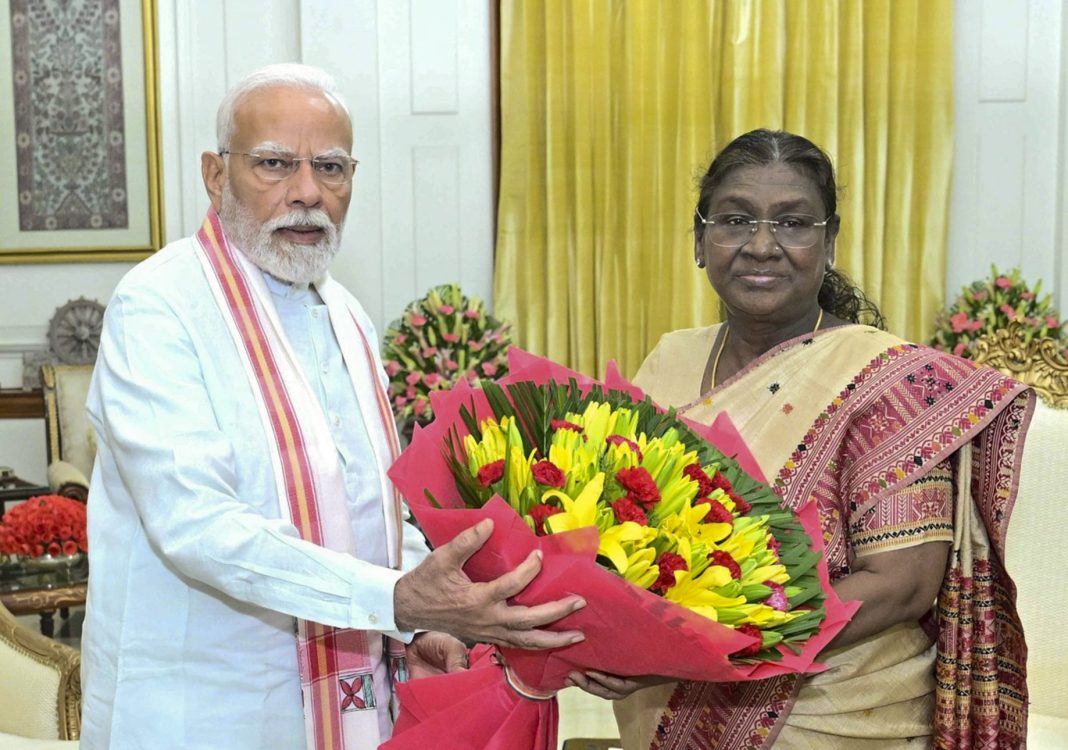New Delhi, Aug 3: Researchers from the Goa Institute of Management (GIM) have developed a two-stage competitive assortment algorithm to make digital marketplaces fairer and more transparent for both sellers and consumers, according to officials.
Published in the prestigious journal “Computational Management Science”, the study explores the growing concerns and potential solutions of algorithmic bias and collusive practices on digital marketplaces.
According to Dipankar Das, Assistant Professor at GIM, Current digital marketplaces often use ranking algorithms that prioritise revenue generation.
“This has led to serious issues such as manipulated customer reviews, platform self-preferencing, and opaque search result algorithms. As a result, genuine sellers face limited visibility, market competition becomes distorted, and consumers are exposed to misleading product information,” Das said.
“The algorithm developed is a potential option to bring transparency and fairness to product rankings. By explicitly modelling the competitive dynamics between vendors and platforms, the proposed algorithm offers a novel mechanism to curtail collusive ranking behaviour, ensure equal market access and enhance transparency,” he added.
The key features of the developed algorithm include–integrating review credibility and price efficiency to induce fair visibility for a product; simulated results showed significantly higher revenue than any quality-only or price-only models; compliance with regulatory requirements for transparency and equal market access to vendors; increased customer trust, reduced seller acquisition cost, and improved long-run profitability.
“The developed algorithm ensures fairness by filtering based on credible review thresholds and competitive pricing. Aligning with the emerging antitrust regulations globally, the algorithm has demonstrated collusion-resistance and transparency via simulation and empirical ranking corrections,” he said.
Das explained that this study has a direct impact on digital e-commerce search engines.
“As regulations under the emerging Digital Market Laws in the European Union and India get stricter, it tackles the key issue of bringing back fairness to digital product rankings. The developed algorithm can also aid platform architects in redesigning ranking engines that balance profitability and fairness,” he added. (PTI)




